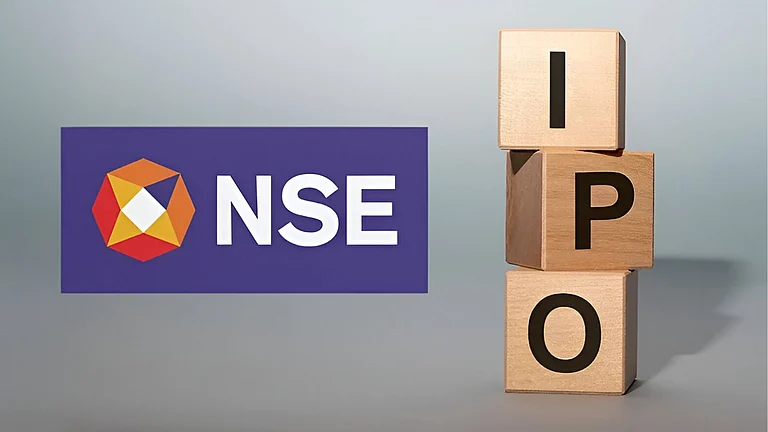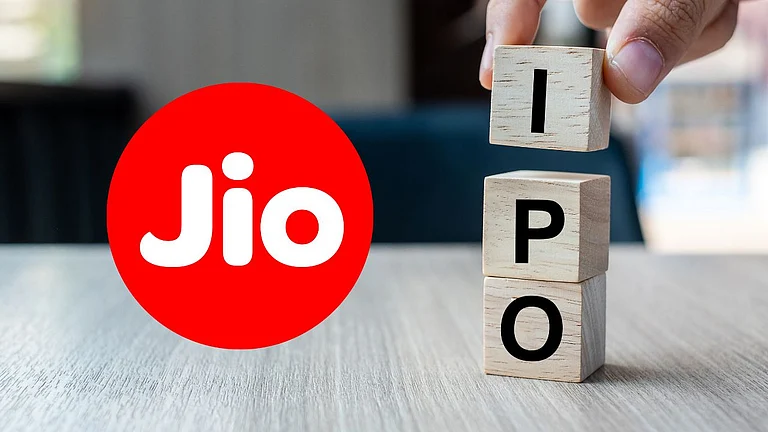
Summary of this article
Sebi has proposed to ease minimum public shareholding thresholds for IPO-bound companies.
Sebi has proposed the changes amid a trend of increasing issue size in IPOs in recent years.
Sebi's proposal seeks to promote capital formation and increase ease of doing business for such companies.
The primary market is witnessing a resurgence of interest in the second half of 2025, with major companies such as National Securities Depository Ltd and HDB Financial Services Ltd seeking a public issue. Amid this surge, the capital market regulator has sought to promote capital formation and increase ease of doing business for companies seeking to raise funds via the capital market.
The Securities and Exchange Board of India (Sebi) has proposed easing norms for bigger companies seeking to list their shares on the exchanges. Sebi has proposed a bifurcated framework to reduce minimum public offer (MPO) sizes and ease shareholding requirements for companies seeking to list their shares.
Currently, companies seeking to list their shares with a post-issue market capitalisation exceeding Rs 1 lakh crore have to comply with an MPO threshold of Rs 5,000 crore along with 5 per cent of post-issue share capital. Additionally, they are required to increase the minimum public shareholding to a minimum of 10 per cent two years from the date on which their shares list on the bourses. Further, they have to mandatorily expand the minimum public shareholding to 25 per cent within five years from the date the shares are listed.
What Changes Has Sebi Proposed
The market watchdog has proposed a revised framework for companies that have market capitalisation exceeding Rs 50,000 crore. The regulator stated in a working paper released on August 18, that a company whose post-issue market capitalisation ranges between Rs 50,000 crore and Rs 1 lakh crore will need to comply with a new minimum public offer threshold of Rs 1,000 crore along with 8 per cent of the post-issue share capital. These issuers will also be provided a time period of five years to increase stake to the mandatory 25 per cent minimum public shareholding threshold.
Companies which have a post issue m-cap ranging from Rs 1 lakh crore to Rs 5 lakh crore will have to comply with an MPO of Rs 6,250 crore and a minimum of 2.75 per cent of post-issue share capital. Companies which have a public shareholding below 15 per cent will have to increase it to 15 per cent within five years and 25 per cent within a period of 10 years. However, if the company’s public float exceeds 15 per cent when the shares of the company list, they must increase the MPS to 25 per cent within a period of five years.
Sebi has further proposed that for companies with a post-issue m-cap exceeding Rs 5 lakh crore, the MPO threshold will be revised to Rs 15,000 crore and a minimum of 1 per cent of post-issue share capital and a minimum stake sale of 2.5 per cent. However, if the public shareholding of such companies is lower than 15 per cent at the time of listing, the company will have to meet the 15 per cent threshold within a period of 5 years and increase the float to 25 per cent within 10 years. Additionally, companies which have a minimum of 15 per cent public shareholding will have to expand their MPS to 25 per cent within a time period of five years.
The market watchdog has also recommended that the retail quota in IPOs should be maintained at 35 per cent.
Why Has Sebi Proposed Changes To MPS Norms
Explaining the rationale behind the proposed changes, the market regulator cited the growth and scale achieved by Indian companies vis-a-vis fund infusion by private equity investors and other sources. Thus, when such large companies seek to list their shares on the secondary market, they face several challenges, such as the market not being able to absorb such a huge supply of shares. Sebi also cited issues such as the oversupply of shares in the market on account of equity dilution done by companies to meet MPS requirements soon after listing. This oversupply in-turn, can negatively affect share prices and shareholders.
The market watchdog also identified a trend indicating an increase in the issue size of companies which seek to list their shares which also adds to the difficulty for issuers in complying with MPS and MPO thresholds.
The market regulator also mentioned in the working paper that the easing of the norms is expected to allow large issuers to undertake fund-raising in a phased manner, facilitate fund-raising activities, and more calibrate MPS compliance.
















